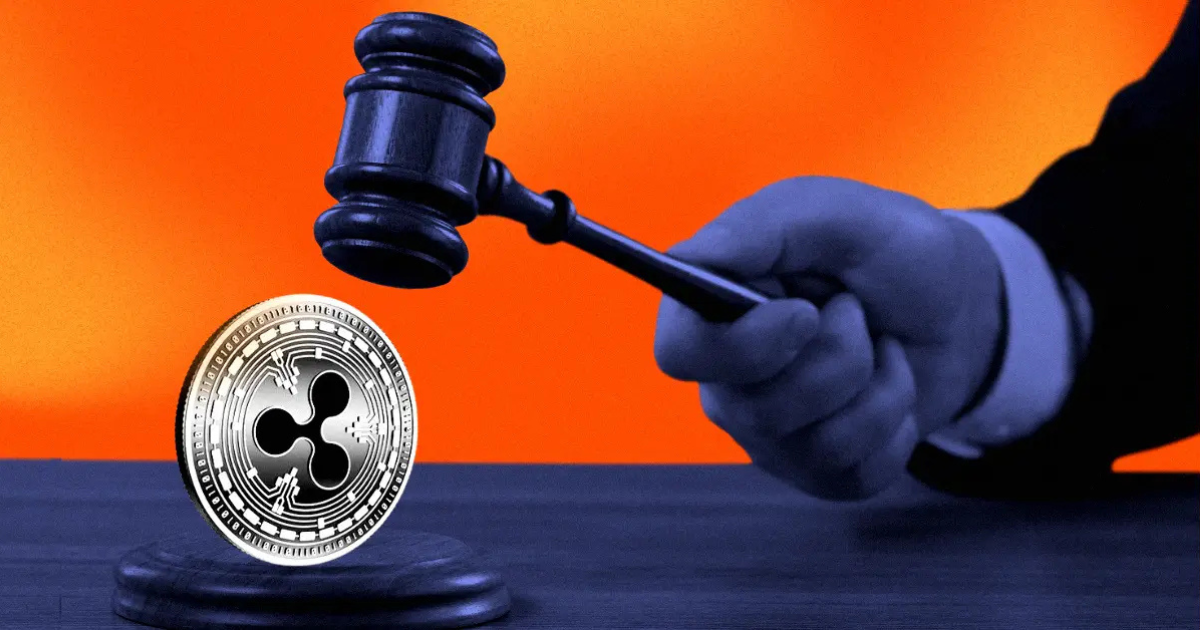The SEC lawsuit against Ripple Labs is in its next big phase: on January 15, a deadline for the agency to formally file its first opening brief. It’s a huge veranda in a long-fought legal saga, but that puts it in a unique position potentially to draw future crypto laws.
It’s no accident this milepost, with a pro-crypto chairman replacing Gary Gensler.
Key-Takeaways:
- And despite the backlash, many retailers and institutions are still putting their backing on XRP.
- The market was strong during the lawsuit for sure, and because the market was very confident with XRP, there was a lot of learning with how to manage regulatory risk.
Legal Battle Evolution and Recent Developments
 In the SEC lawsuit, Ripple Labs, which is seeing unprecedented development and having changed the cryptocurrency market as we know it, are named as defendants. But in a 2023 order, Judge Analisa Torres found Ripple violated laws governing the next wave of institutional sales; however, she barred sales to retail investors via exchanges.
In the SEC lawsuit, Ripple Labs, which is seeing unprecedented development and having changed the cryptocurrency market as we know it, are named as defendants. But in a 2023 order, Judge Analisa Torres found Ripple violated laws governing the next wave of institutional sales; however, she barred sales to retail investors via exchanges.
Instead, this left an ongoing, backwards process of appeal—arguing with each other about how the SEC could possibly come from the first time with a relatively minor penalty under the circumstances of its requested $2 billion. In the defense of the ruling, which had far-reaching significance on how the law interprets crypto, Ripple’s legal team has joined in the fight too.
Critics have started asking critical questions about the regulatory structure of cryptocurrencies, which investors, legal experts, and lawmakers have noticed as the lawsuit has taken them in. If not brief in its brevity, then it could have significant implications for how future regulation of digital assets is undertaken from a compliance perspective.
The cryptocurrency space is watching this kind of legal landscape, hoping for clarification and stability. And if the legal battle is won, it’s unclear what implications this will have.
While XRP is surging up past $3 valuation, this phase of the SEC lawsuit has been focused on. In addition, it shows that we can’t see the cryptocurrency market tanking in the supposed ongoing legal brawls.
That coincides with the new leadership at the SEC in turn. Furthermore, this may also prepare the way for big changes in the digital assets’ future regulation, and leadership will also play a very big part in how digital assets will be regulated.
They’re still trying with them in the lawsuit, though, so we don’t know what actual crypto layoffs will look like under regulation. This case has the potential to become an important case for industry development.
Regulatory Implications of Leadership Transition
The SEC lawsuit landscape will change, as Gary Gensler is about to leave on January 20, 2025. It could be what determines where this case has gone.
New incoming chairman, Paul Atkins, is not new to pro-crypto views, so much so that it seems he is doing things a little differently. But Gensler’s intense regulatory stance could create a flip for the case.
At this leadership transition, it would be on the doorstep of better terms of settlement for Ripple and the entire crypto industry. Many in space, however, are watching that change to try to figure out how it will impact how the SEC will regulate cryptocurrencies.
Ripple’s SEC lawsuit packs implications for Ripple but also serves as a wake-up call for the regulatory framework enveloping the entire cryptocurrency industry. And this case has become a key case for the classification and regulation of digital assets in the United States.
Legal experts following the case believe the SEC will meet its January 15 filing deadline. However, a new regulatory philosophy from the incoming administration could allow them to settle rather than enduring more continuing litigation.
The cryptocurrency markets, however, responded to the SEC lawsuit, and XRP’s price is roaring back. However, when we look at the market, despite the problems, it continued to be confident in XRP.
But trading volume decreased, but retail and institutional investors stayed active—the holder count is growing and trading volumes are up. Taken to mean that there is growing awareness of regulatory risks aplenty and an ability and willingness to play in a legal limbo, this is a positive strength of the market.
Conclusion
Ripple could be nearing the end of a turning point in an SEC lawsuit. Its outcome could have a monumental impact on U.S. and global digital asset regulatory frameworks, or, for that matter, just about any regulatory framework in the world, too.
What do you anticipate the SEC ruling against Ripple to mean for the future of crypto regulation? Let us know your thoughts!











